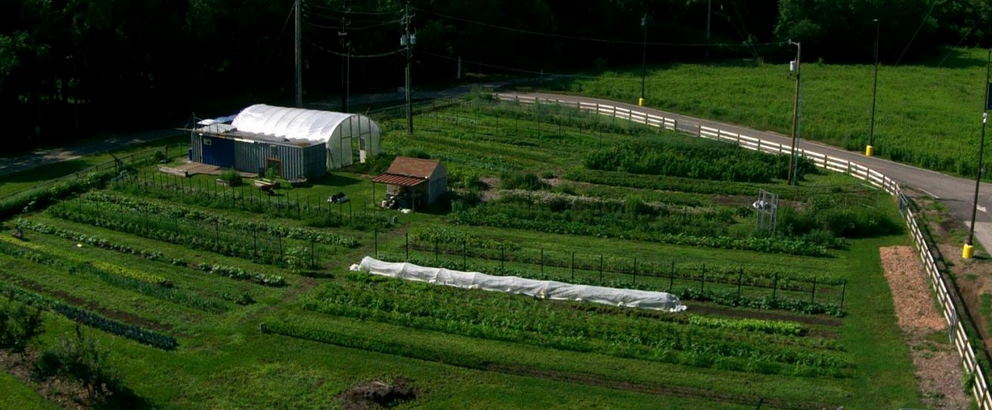Butler students share their tips for being mores sustainable. Photo courtesy of the Butler Website.
EMILY SCHLORF | STAFF REPORTER | eschlorf@butler.edu
From reusable straws to huge, neon, sticker-clad hydroflasks, many students on campus have kept up with environmental trends and made efforts to limit waste. However, much more can be done to promote sustainability.
Butler is already a signatory of Second Nature’s Carbon Commitment to become carbon neutral by 2050. Butler is also a member of the Association for the Advancement of Sustainability in Higher Education, and a member of the United States Green Building Council.
Though Butler has made steps such as these to further sustainability efforts, students like Olivia Holabird, a junior arts administration major, feel that overflowing garbage cans of food waste and mistakenly recycled materials across campus say otherwise.
“There are issues concerning recycling on campus, like how not all recycling bins are filled with purely recyclable materials and are usually mixed with trash,” Holabird said.
Dave Thompson is a sophomore marketing and strategic communication double major and social media chair for the Butler Sustainability Club. It is bad when people throw recyclables into the trash, but much worse when they throw contaminated or wrong items into the recycling bin, Thompson said.
“It’s unfortunate that one wrong action can so easily trash the altruistic intentions of those who do care about practicing sustainability,” he said.
Thompson said he encouraged students to join Butler’s Sustainability Club to take part in cleaning up campus and learn more about living a sustainable life.
In 2013, a team of Butler students, faculty, and professors wrote the Butler University Sustainability and Climate Action Plan which outlined goals that included cutting waste completely by 2030, rescuing pre-consumer food and donating it to local food shelters and charities, and decreasing on-campus vehicles used by students, faculty and staff by 25 percent.
While these goals are hopeful, students like Lauren Tubesing, a sophomore environmental major, said she advises students to learn more about sustainability.
“I think there is an effort on campus to attain sustainability but more can be done,” she said.
Here are some tips to remember:
- Recyclable items include: clean plastic bottles, jugs, aluminum cans, greaseless pizza boxes, toilet paper and toilet paper tubes, packaging boxes for products like toothpaste, bandages, or medicine, and paper materials.
- Items that cannot be recycled include: egg cartons, items with food and grease stains, plastic bags, styrofoam cups or take out containers, and plastic utensils.
- Other sustainability-promoting habits students can pick up include: thrifting, using reusable bottles, containers, bags, and straws, taking shorter showers, and carpooling or using Blue Indy when venturing off campus with friends.



